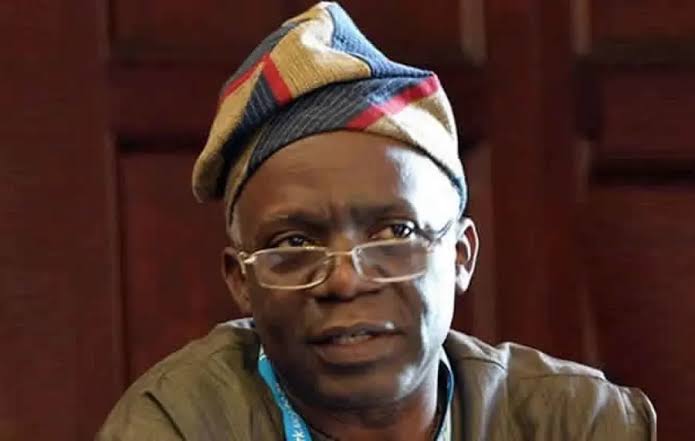Human rights lawyer Femi Falana has insisted that the Economic and Financial Crimes Commission (EFCC) and Independent Corrupt Practices and Other Related Offences Commission (ICPC) are essential institutions that must remain.
Sixteen state governors, including those from Ondo, Edo, Oyo, and others, have filed a suit challenging the legality of the EFCC’s establishment. The Supreme Court is set to hear the case on October 22.
Falana advises the states to focus on ensuring the EFCC’s autonomy rather than seeking its abolition. “For me, the ICPC and the EFCC… have come to stay,” he said on Channels Television’s Sunday Politics. “What we should be demanding are measures to make these institutions autonomous, not under the control of any government.”
Falana cited the Supreme Court’s ruling that the EFCC and ICPC should operate independently, free from federal government control. “They are common agencies to fight economic crimes… financial crimes… corruption in our country.”


